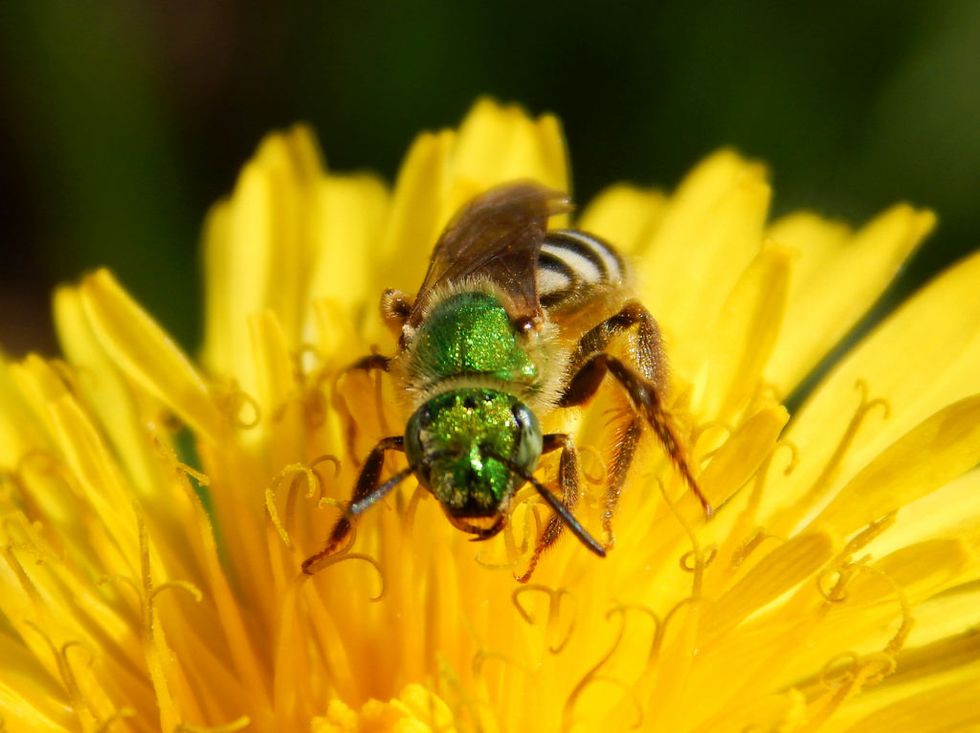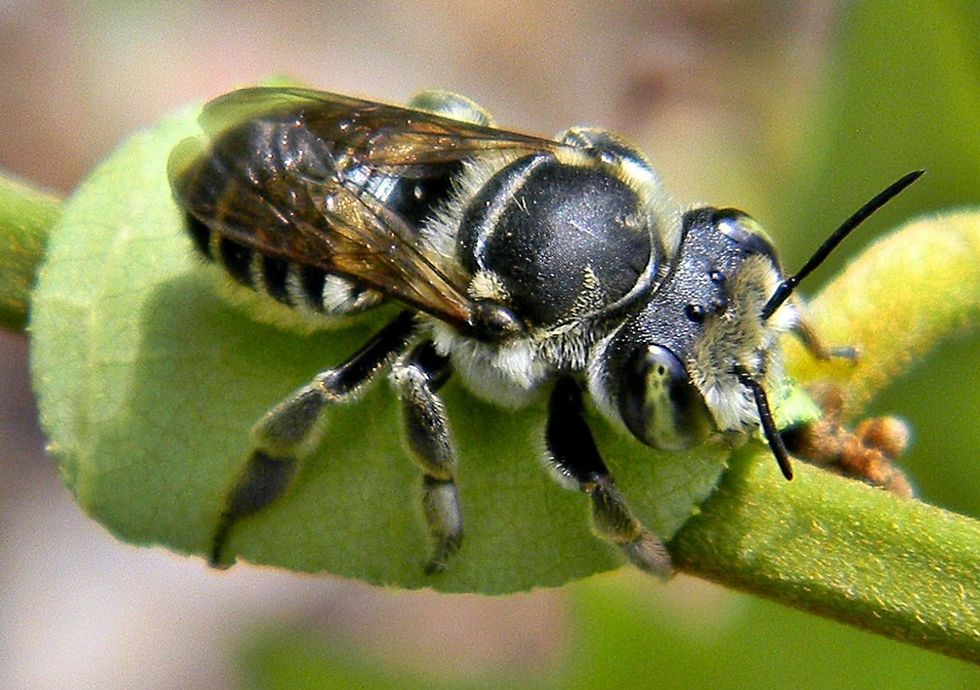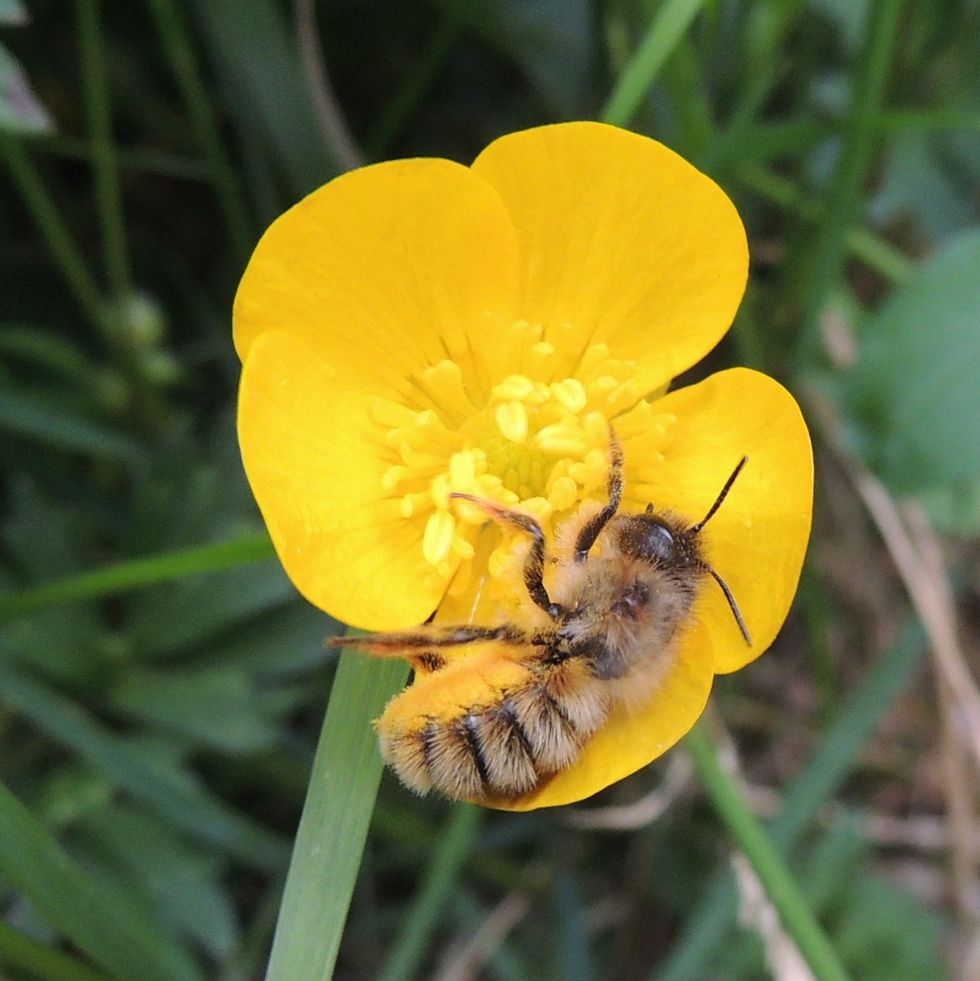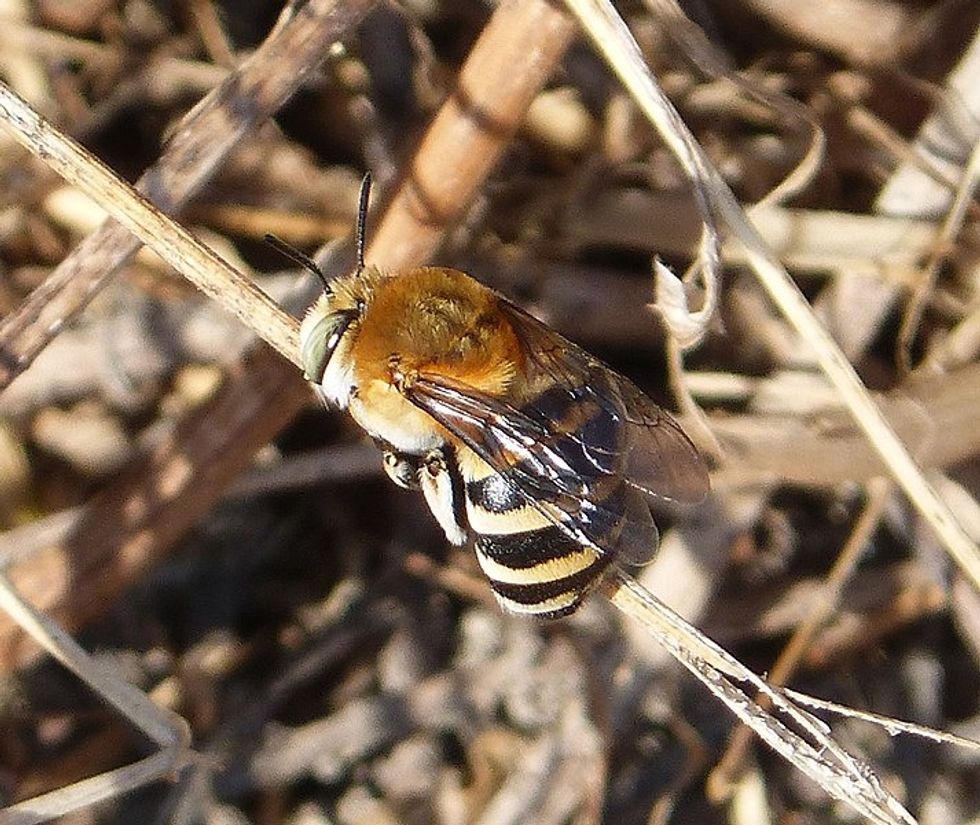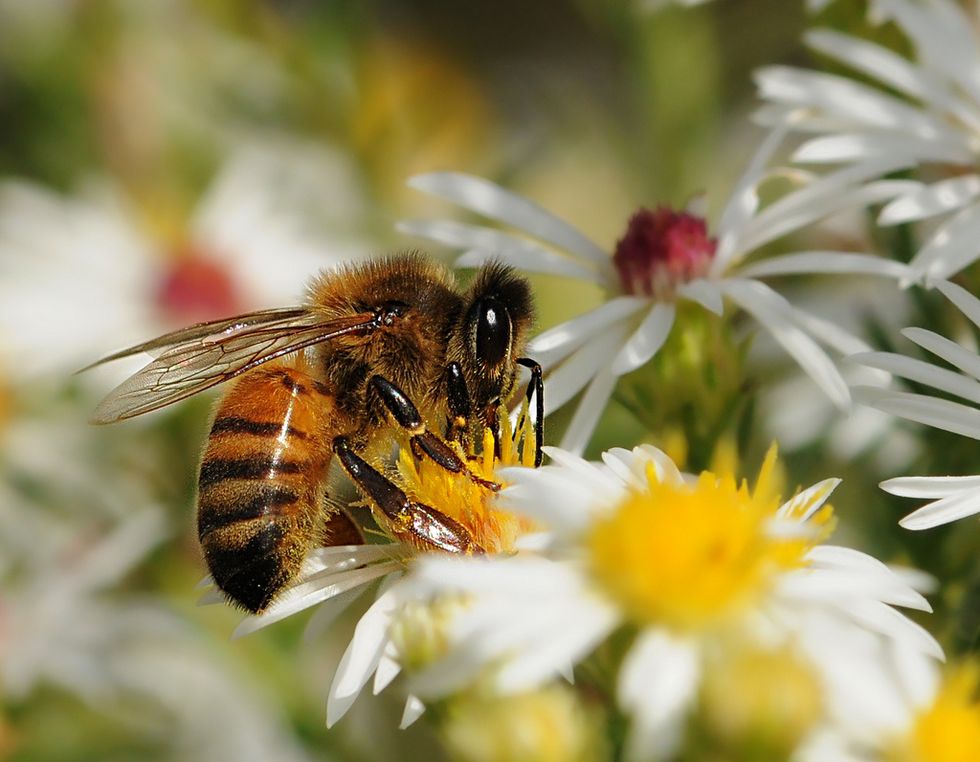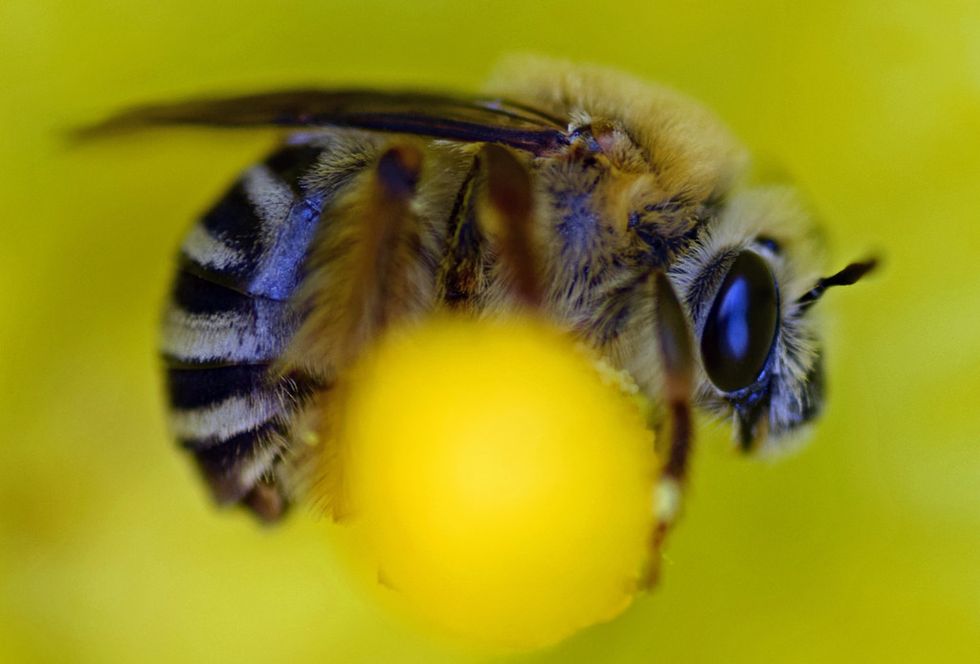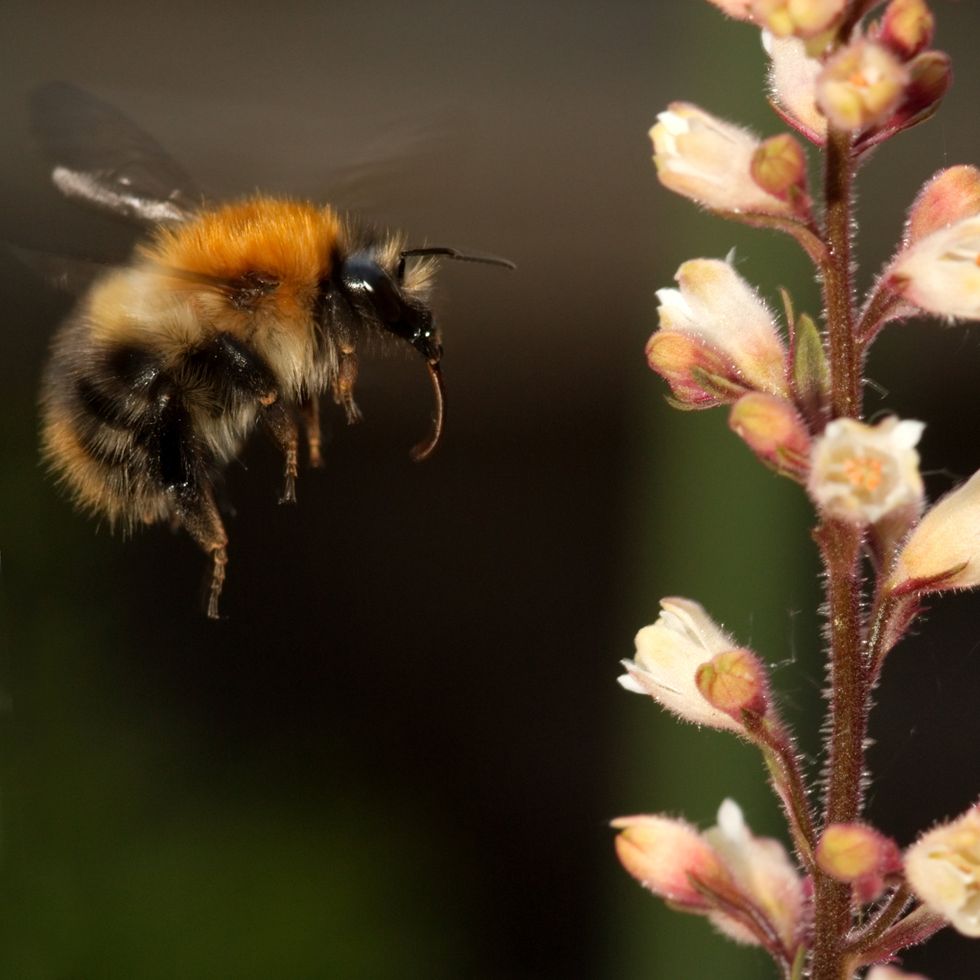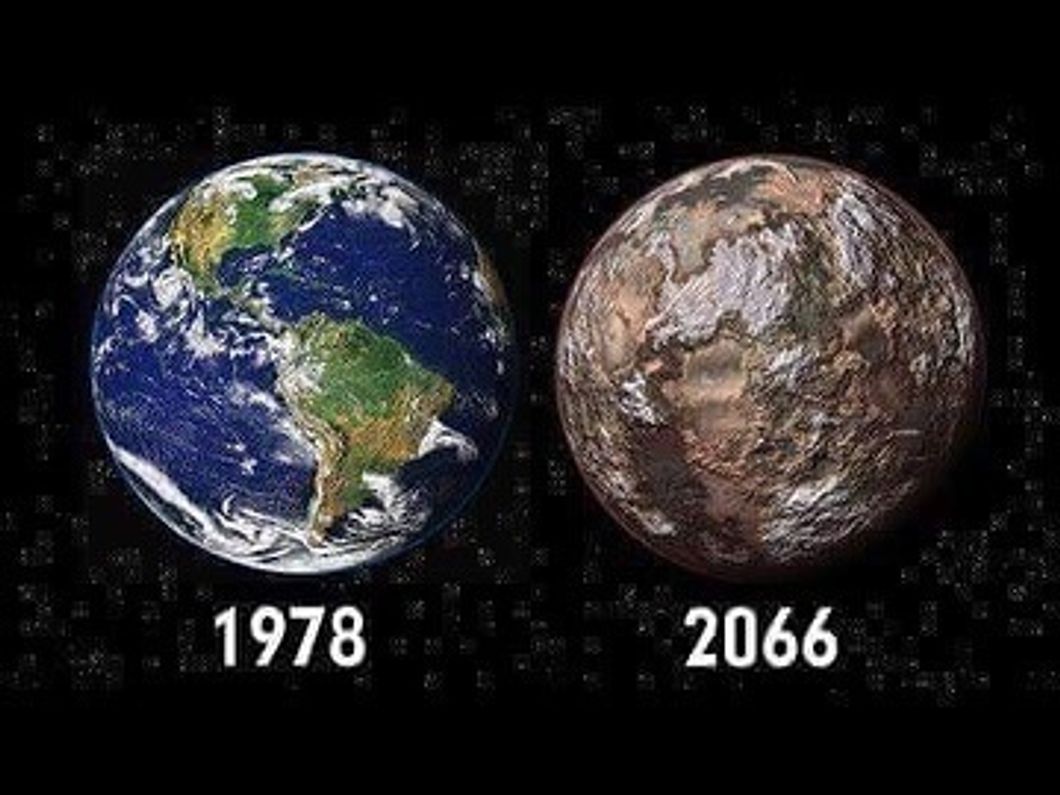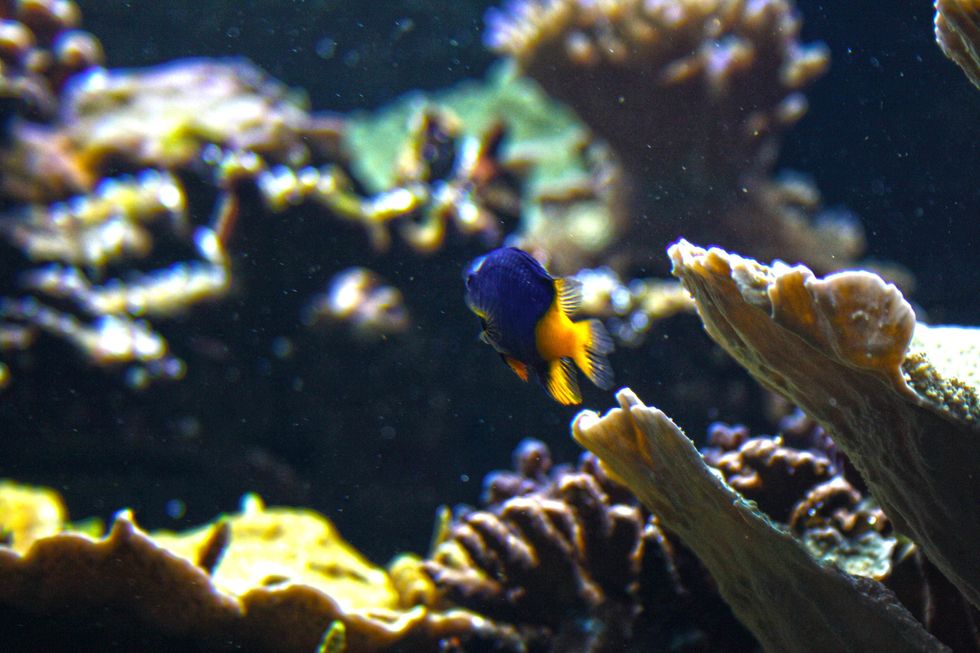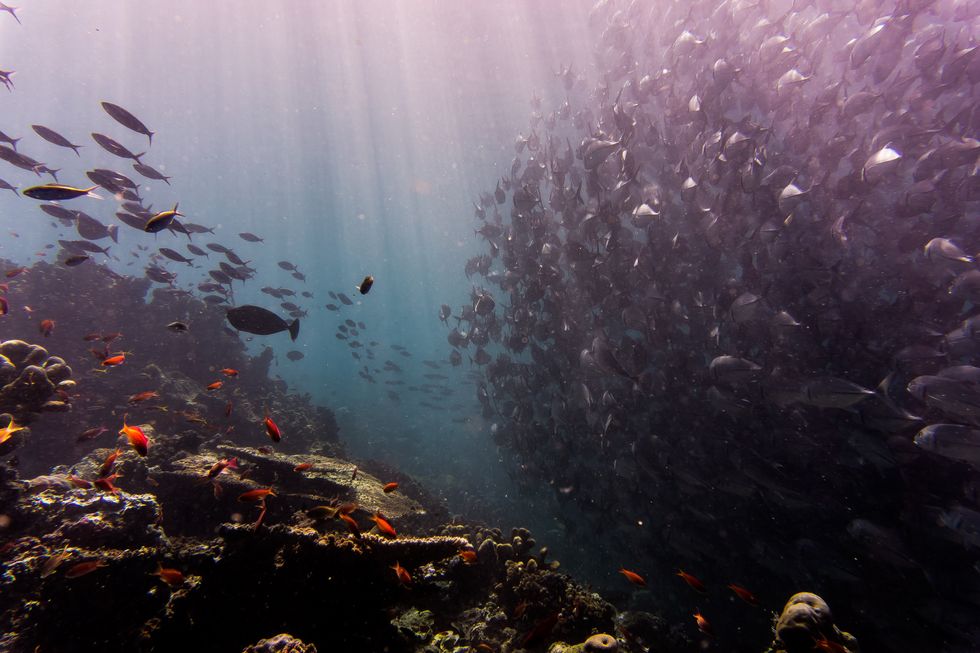7 Ways to Celebrate Earth Day That Will Actually Help the Environment
Earth day is upon us, here's how you can celebrate by making a difference!
With Earth Day approaching you're bound to see a million posts and ads celebrating Earth Day. It's okay to celebrate the earth and appreciate her on earth day, but the best way to celebrate her is to help her! Instead of resharing an article on Facebook, or taking a walk in the park, which are both still valid ways of appreciating our earth, try one, or all of these seven tips to give the earth the happiest earth day she can have!
Go Vegan/Vegetarian

Meat and dairy account for one fifth of the world's greenhouse gas emissions annually, that's more than the entire transportation system combined! Cutting meat out of your diet helps eliminate thousands of gallons of water, pounds of grain, and emissions from your environmental impact. Start by eliminating meat from your diet once a week ("meatless mondays" for example"), or skip the beef and steak next time you go out to eat. Cows have the biggest impact in the agricultural system overall, so try only consuming white meat and save the steaks for special occasions. Meat does not have to be the center of every meal and there a plenty of cheap, easy, and tasty vegetarian or vegan meals that can be prepared at home.
Cut Back Your Plastic Use

Plastic waste affects more than just the sea turtles. Around 300 million tons of plastic waste is produced globally each year, and this waste ends up in our oceans, and our backyards. Plastic waste not only severely impacts sea life, it can even affect us. When plastic breaks down in the ocean it eventually becomes miniscule microplastics which are consumed by fish and marine animals who think it's food. When we catch at eat marine life we also end up consuming these microplastics which, besides being downright gross, is actually harmful to our health. Start by bringing your reusable bags to the grocery store, and using reusable water bottles and mugs when consuming liquids. This will already dramatically reduce your plastic waste and can also end up saving you a bit of money in the long run. Be aware of how much plastic you are consuming on a daily basis and make an active effort to buy products that are not packaged in plastic. Try preparing food at home from bulk ingredients instead of buying prepackaged meals, and bring glass jars and reusable bags to the grocery store if they offer a bulk section. You don't need to buy a bunch of fancy reusable items to reduce your waste, start by just reducing your consumption overall.
Go Thrifting (Stop Shopping Online)

Fast fashion is killing our planet, and every trip to H&M and Forever 21 is only making it worse. Companies that stay on top of trends and manage to sell them to you for only $5 a shirt are not doing it sustainably, no matter what they try to tell you. Fast fashion is the second biggest polluter in the world, second only to oil. Clothing companies not only use extremely environmentally harmful production practices, but to keep sales up, make clothes cheaply and poorly in order to compel you to continuously buy new clothes. Worn clothing that is not donated ends up in landfills and becomes waste almost as quickly as the next seasons trend is being produced. Thrifting will not only find you cheap clothing, it will also find you quality clothing, with zero of the environmental impact. Most thrifted clothing is older and thus is made more durable than modern brands. Not only that, but vintage clothes are coming back into style. Instead of buying new clothes that look old, buy old clothes that are stylish and quality. Before you go and spend $300 on thrifted clothing however, focus on rearranging your wardrobe to create new outfits. Reducing your clothing consumption overall will dramatically decrease your environmental footprint and keep the clothing out of landfills.
Start Composting

If you have a kitchen in your house or apartment, start a compost bin! About one third of food produced in the United States ends up as waste. When you throw out banana peels and apple core, even though they are biodegradable, they will end up in a landfill where they cannot give their nutrients back to the earth. Set up a compost bin in your kitchen where you can put your food scraps, as well as your paper towels and napkins. Change it out once a week or more to prevent it from smelling. You can then use the compost to start a compost pile in your backyard, or bring it to a composting site. Natural compost is great for fertilizing a garden or yard.
Speaking Of Gardens, Start One!
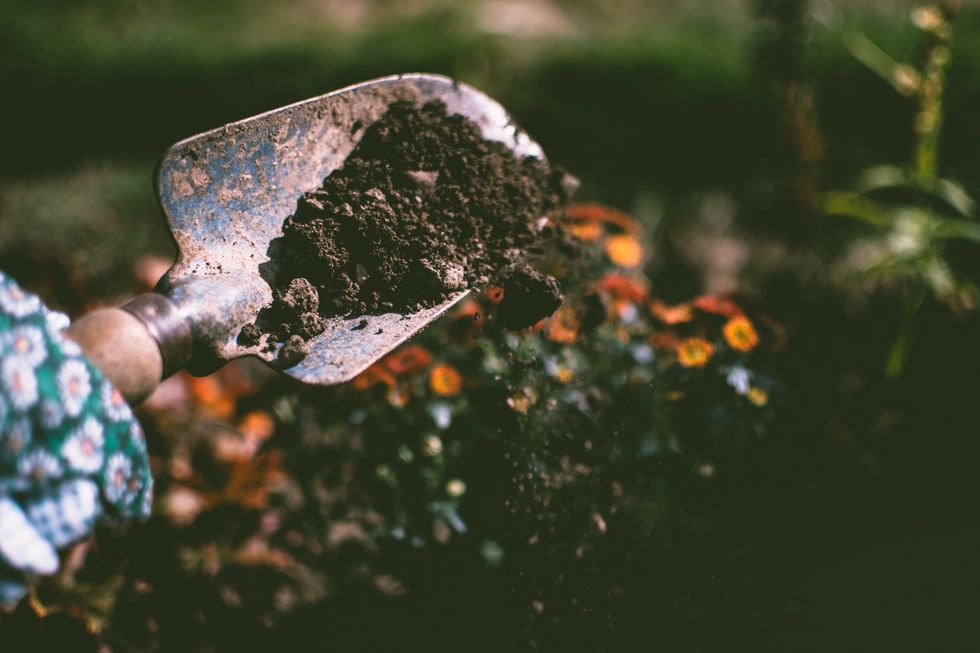
Planting more plants will not only make the environment happy, it will make you happy too! Try starting a flower garden or veggie garden this spring and watch it grow and blossom over the summer. Use natural compost to fertilize it, and try to collect rainwater or greywater for irrigation. Gardens will not only give you something to care for during the summer months, it will also give bugs and bees a new home! Bees are essential to our ecosystem and are suffering the impacts of climate change and urbanization. Plant bee friendly flowers around your garden and create a bee-friendly habitat. In the return, the bees will pollinate your plants and allow your garden to continue returning every spring!
Clean Up Litter Around Your Neighborhood
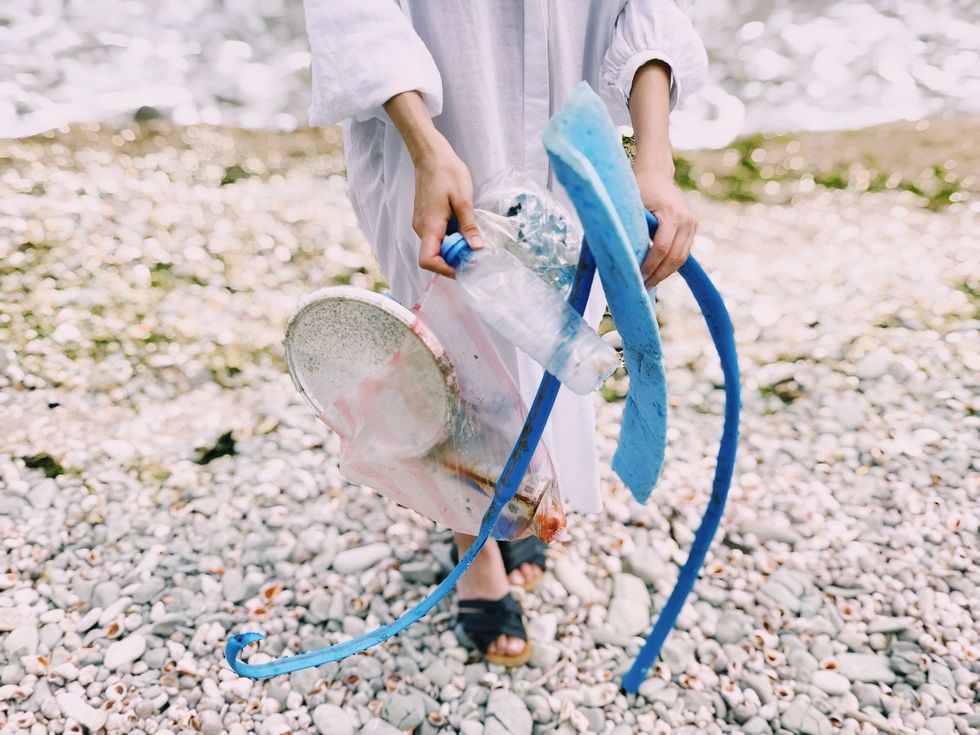
Litter not only is unsightly, it's also unhealthy for an ecosystem. Small animals might accidentally consume plastics thinking its food, and plastic chemicals can runoff of litter and enter local water streams. Take some friends with you on a summer hike or to the beach with some gloves and bags and get to work! Make a game out of it and see who can clean up the most litter in an hour, or make it a race for who can clean their area the quickest. You'll be surprised how much better an area will look once the garbage has been cleared, and the ecosystem will thank you!
Talk to your politicians
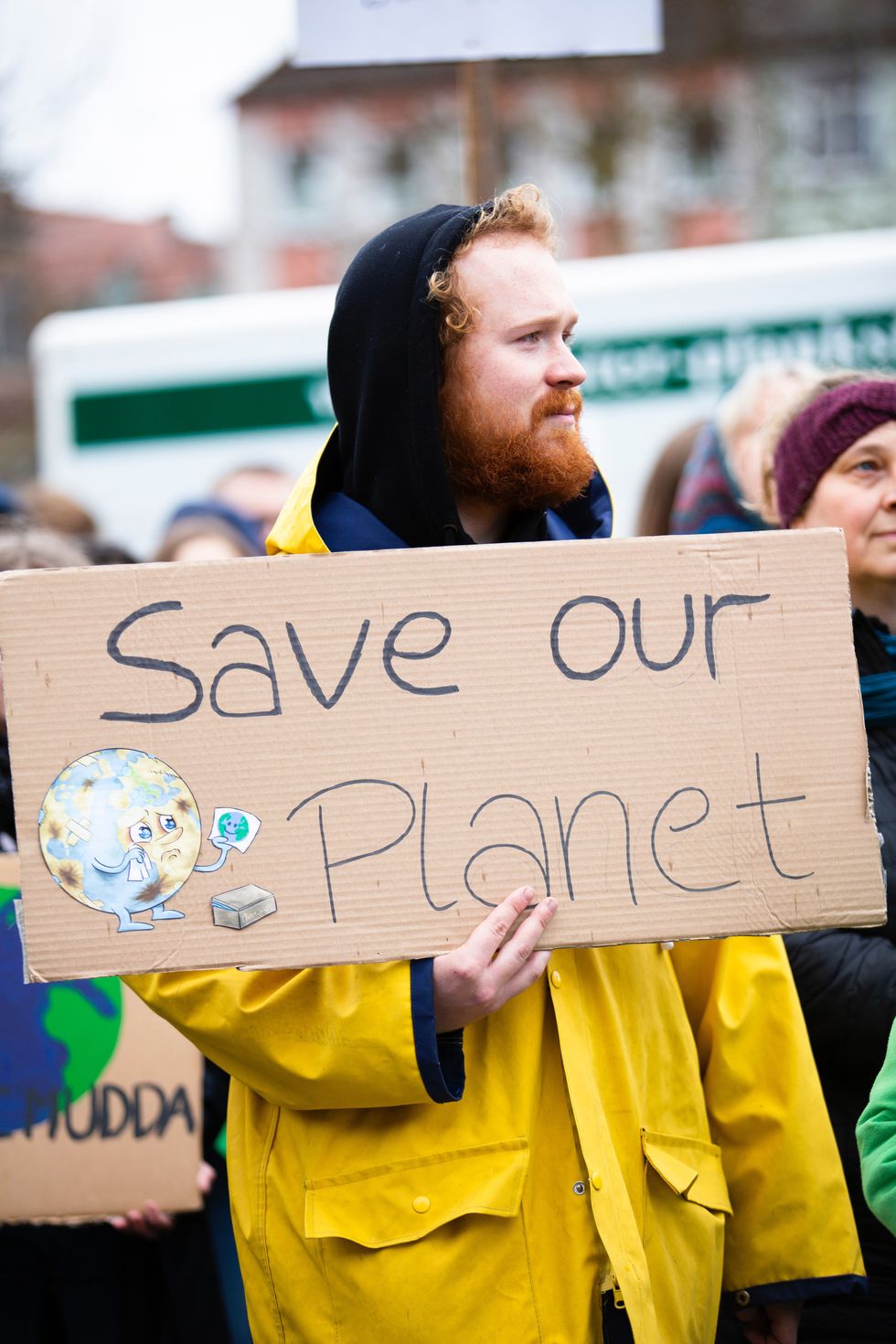
Our power to help the environment not only lies in our own hands, but also in the hands of our leaders. Legislation is one of the most effective ways to create permanent tangible change in your community, and you can impact it! Get educated about what environmental bills are being worked on, and talk to your representatives and senators about them. If there is a plastic bag ban or a solar energy resolution being contested in your local government, call or email your local politicians and lend them your support. Tell your politicians that this is what you want, it's their job to listen to you! Attend local green events, protests, and educational programs and make a stir in your community about green action. We can fight climate change individually, but to truly win the fight, we need to work collectively.



